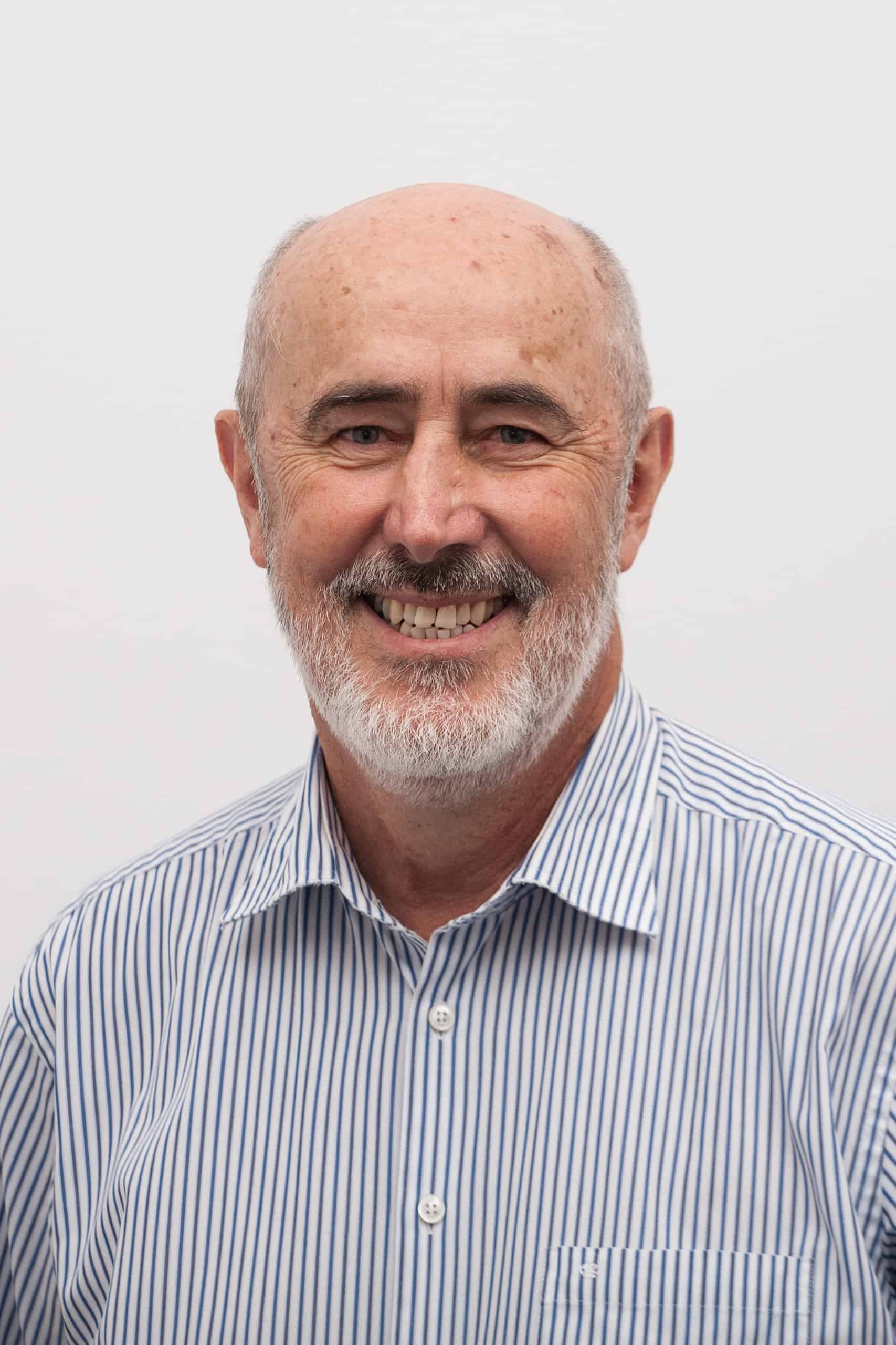
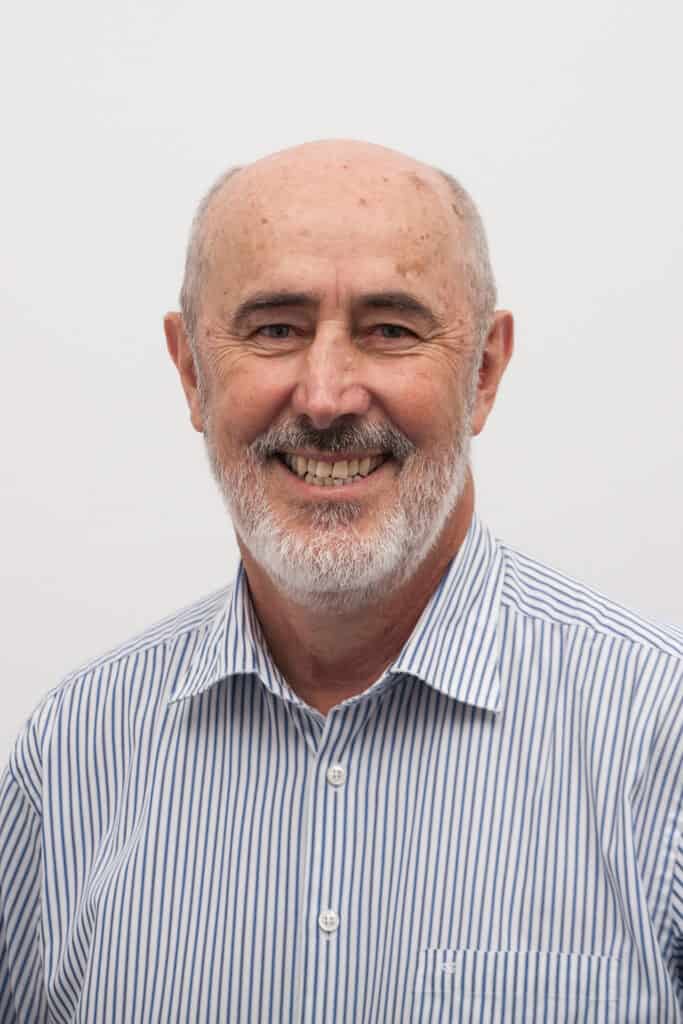
With more than 40 years of experience in coastal engineering, flood hydraulics and water quality investigations, Andrew McCowan is one of Australia’s most knowledgeable experts in the field. Andrew is an internationally recognised expert in numerical modelling and the application of numerical models to water, coastal and environmental investigations.
As Founder and Board Chair of Water Technology, Andrew consults with government and businesses specialising in technical issues relating to environmental protection and sustainability. Andrew obtained his post-graduate qualifications from Delft in the Netherlands, where he studied computational hydraulics, and from Monash University where he completed a PhD.
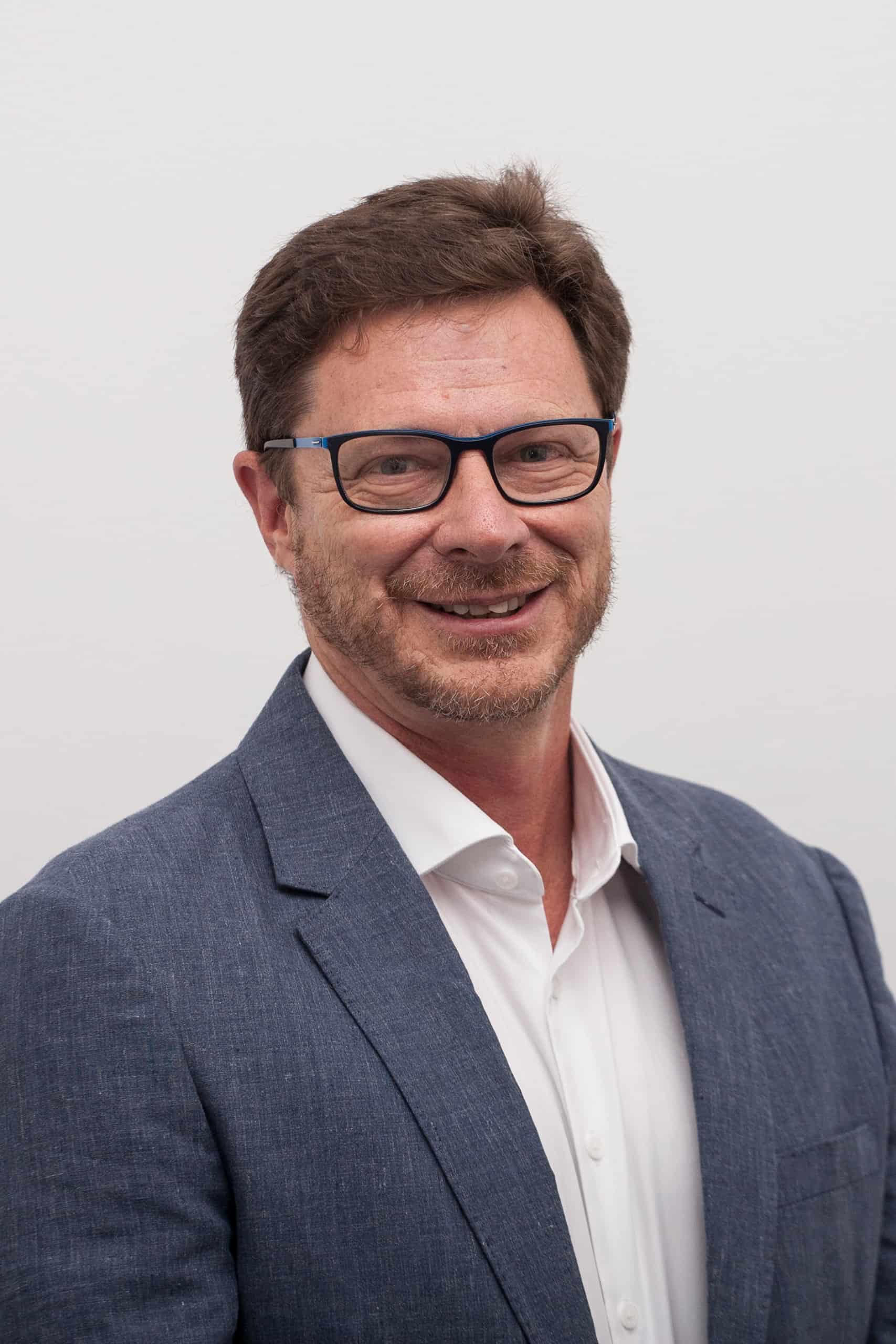

Steve is the Managing Director for Water Technology and has over 25 years’ experience as a specialist in the water resources and coastal engineering fields specialising in flood/inundation risk and risk management. He has an Honours Degree in Engineering and a Master of Engineering Science from the University of Queensland.
Steve’s work in waterway, floodplain and floodplain risk management; and infrastructure investigations have frequently utilised advanced hydrodynamic modelling systems on projects throughout Australia and Internationally. Of note, between 2002 and 2005 Steve was the principal hydraulic modeller on the Yangtze River Flood Warning and Control Project, a major 5 year co-operative project between the Governments of Australia and China.
As part of the Australian Government’s commitment to Disaster response through the Australian Civilian Corps, Steve recently a deployment to Samoa to assist in recovery and reconstruction (with an emphasis on flood and floodplain risk management to crucial infrastructure) following Tropical Cyclone Evan and has an ongoing association with the Water Resources sector in Samoa.
Steve has significant experience with the incorporation of flood risk information in Planning Schemes and the future challenges posed by incorporating climate change considerations within a planning framework, as well as providing hydraulic design input for development & infrastructure proposals.
Steve provides expert review services and has appeared as an expert witness in the Queensland Planning & Environment Court and Land Court as well as the Victorian Civil and Administrative Appeals Tribunal.
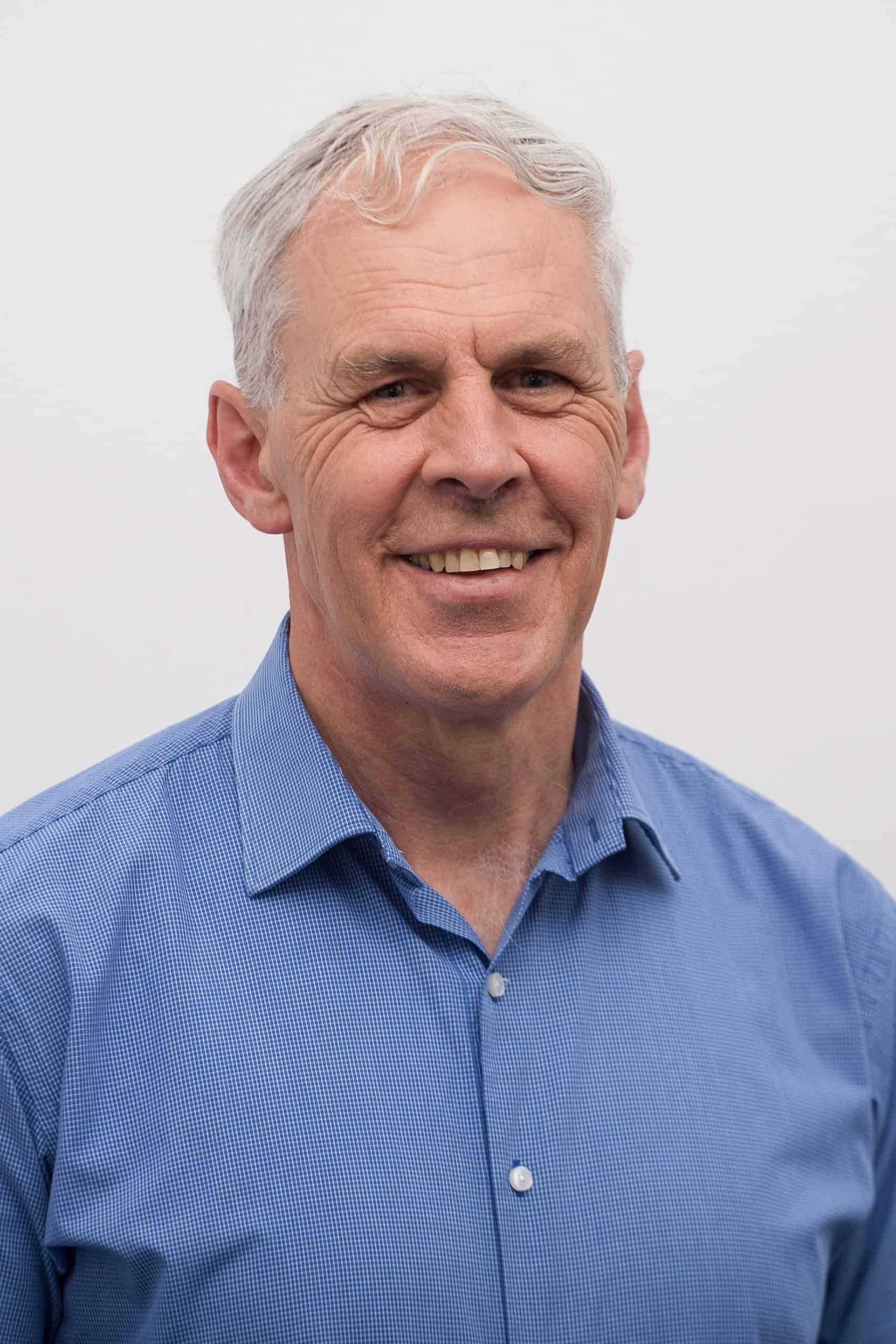
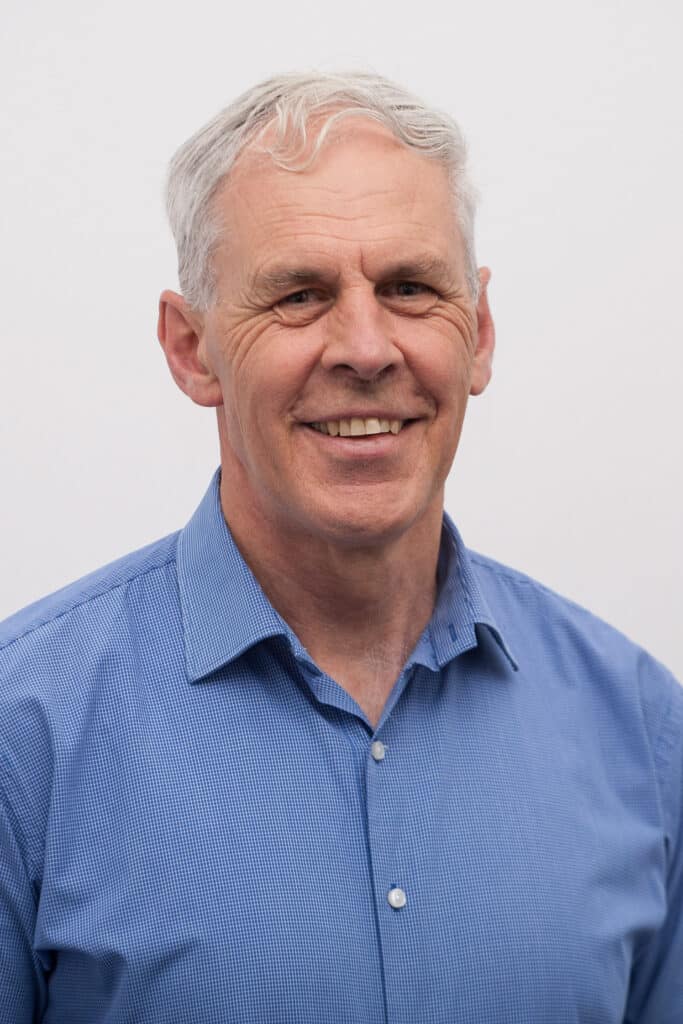
Steven is a Water Technology Director and the founding Principal of Molino Stewart (a subsidiary of Water Technology, since 2022). He has demonstrated a high level of skill in handling the environmental approvals of a number of large contentious projects.
He is adept at assisting clients formulate options for achieving objectives and using a technique known as multi-criteria analysis to evaluate the options. Steven has used this successfully to help groups with diverse views reach consensus. Steven has particular expertise in floodplain management, natural hazard response planning, environmental auditing and hazardous waste management. His strong interpersonal skills and broad technical expertise have been used to good effect in workshop facilitation, community consultation programs and training.
Steven has particular skills and experience in:
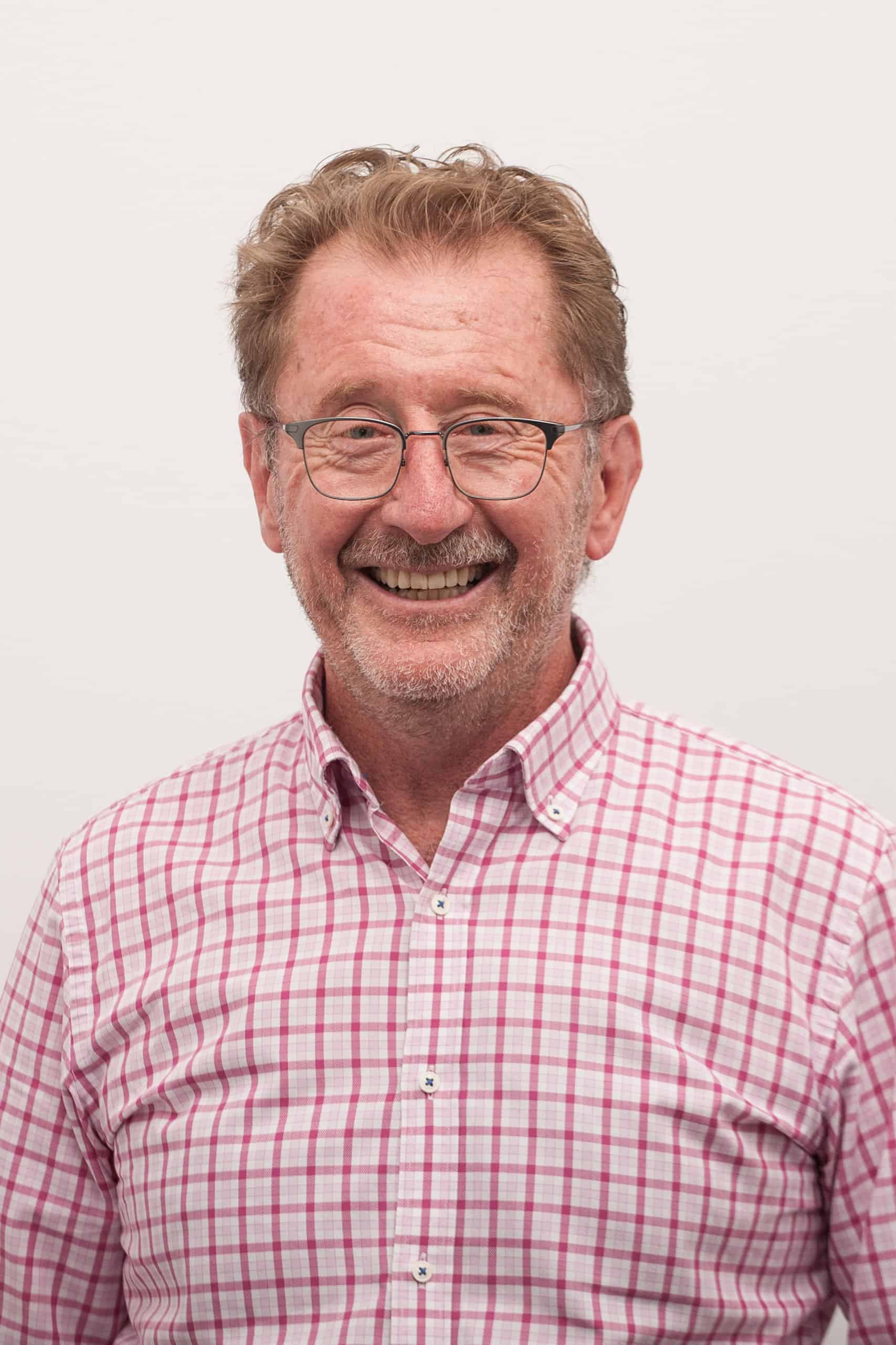

Tony is a Director of Water Technology and the State Manager for Queensland. He has considerable Australian and International water engineering expertise in the areas of numerical flood and water quality modelling, field data collection and assessment, water sensitive urban design, water quality management, catchment management and sewerage and water supply planning. His expertise has been gained through working with the Queensland Department of Local Government/Water Quality Council for a number of years, advanced University studies, a one year work period at HR Wallingford in the UK and twenty seven years’ experience with BMT WBM (working extensively across Australia, the Pacific, South East Asia, the Middle East and the UK). Tony has a First Class Honours Degree in Civil Engineering, a Master of Engineering Science and a Post Graduate Certificate in Executive Leadership. Tony is also a Fellow of Engineers Australia and a Registered Professional Engineer in Queensland (RPEQ).
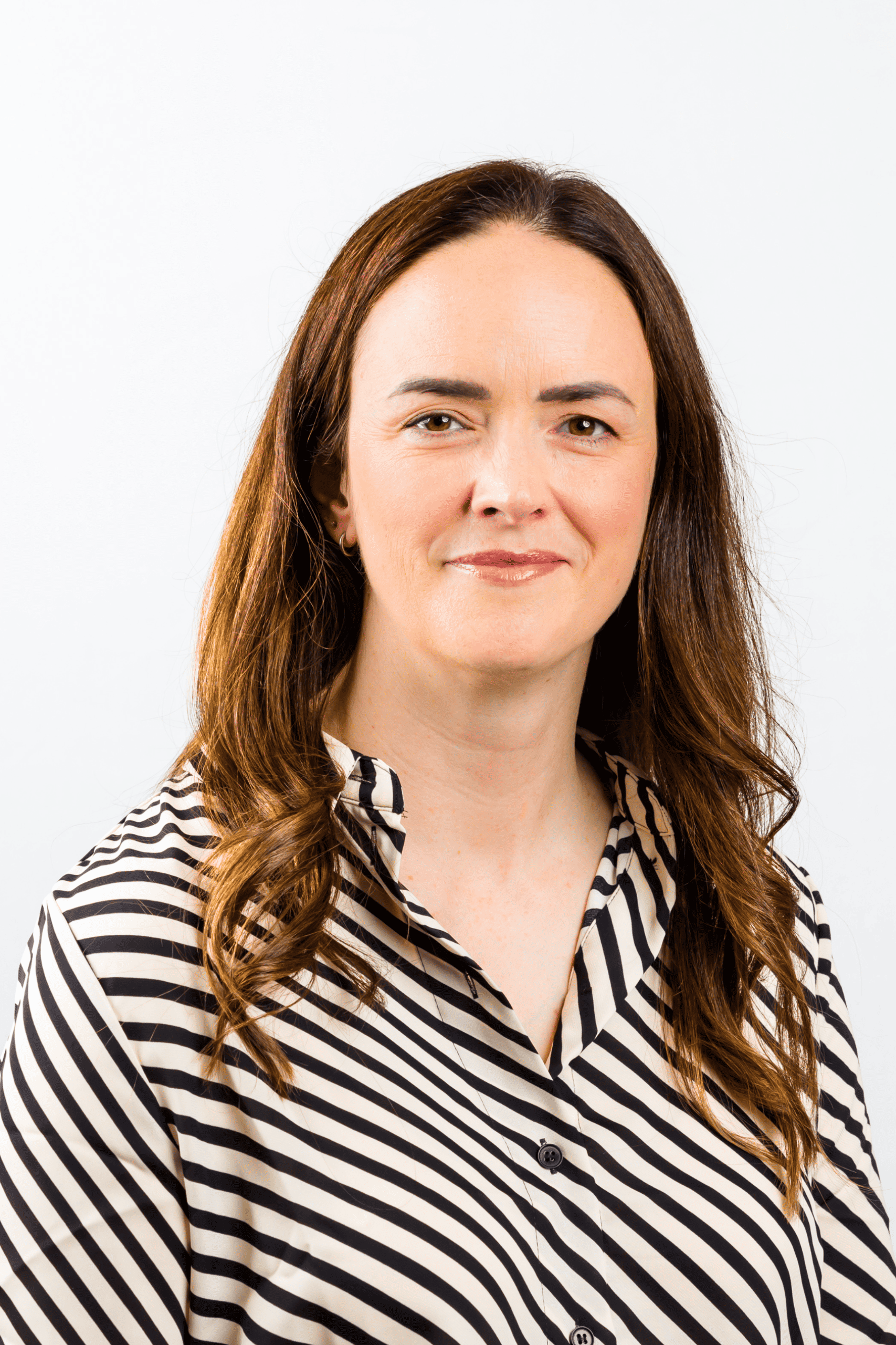
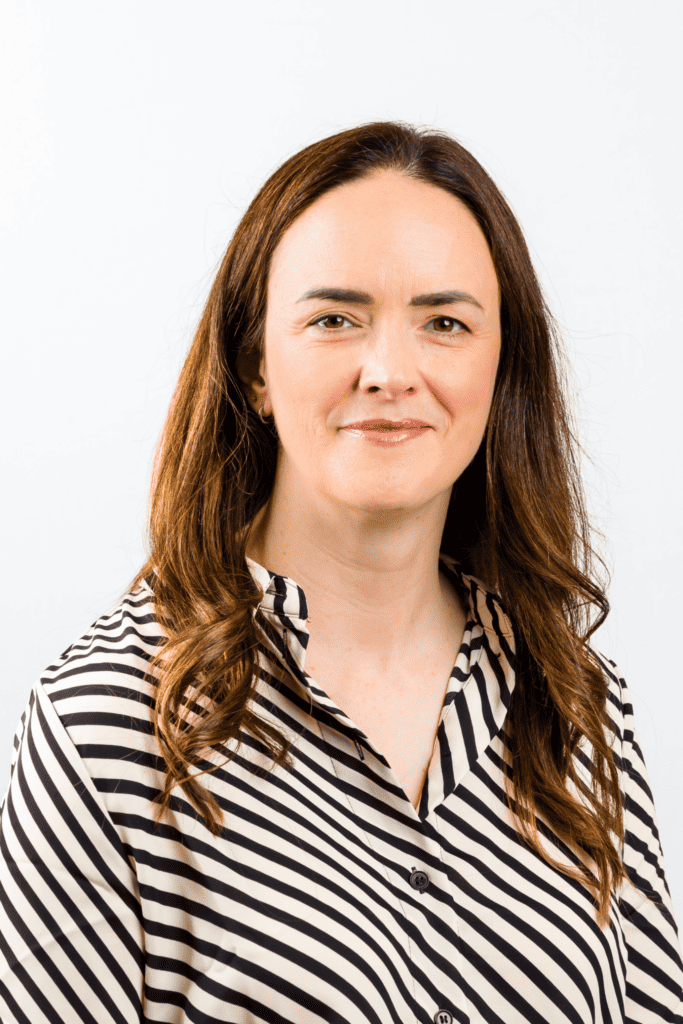
Johanna is a Director of Water Technology and a part of the Flooding Discipline leadership team. Johanna has over 20 years’ experience in the floodplain and waterway management Industry, with specialist experience working with and for Victorian Councils and Catchment Management Authorities on waterway and floodplain investigations.
Working from our Geelong office, Johanna provides extensive leadership and support to local and regional clients, focusing on enhancing their knowledge and understanding of water management.
Johanna possesses exceptional communication skills and brings a wealth of experience in community and stakeholder engagement. Her commitment lies in achieving cooperative, innovative, and high-quality outcomes for her valued clients.
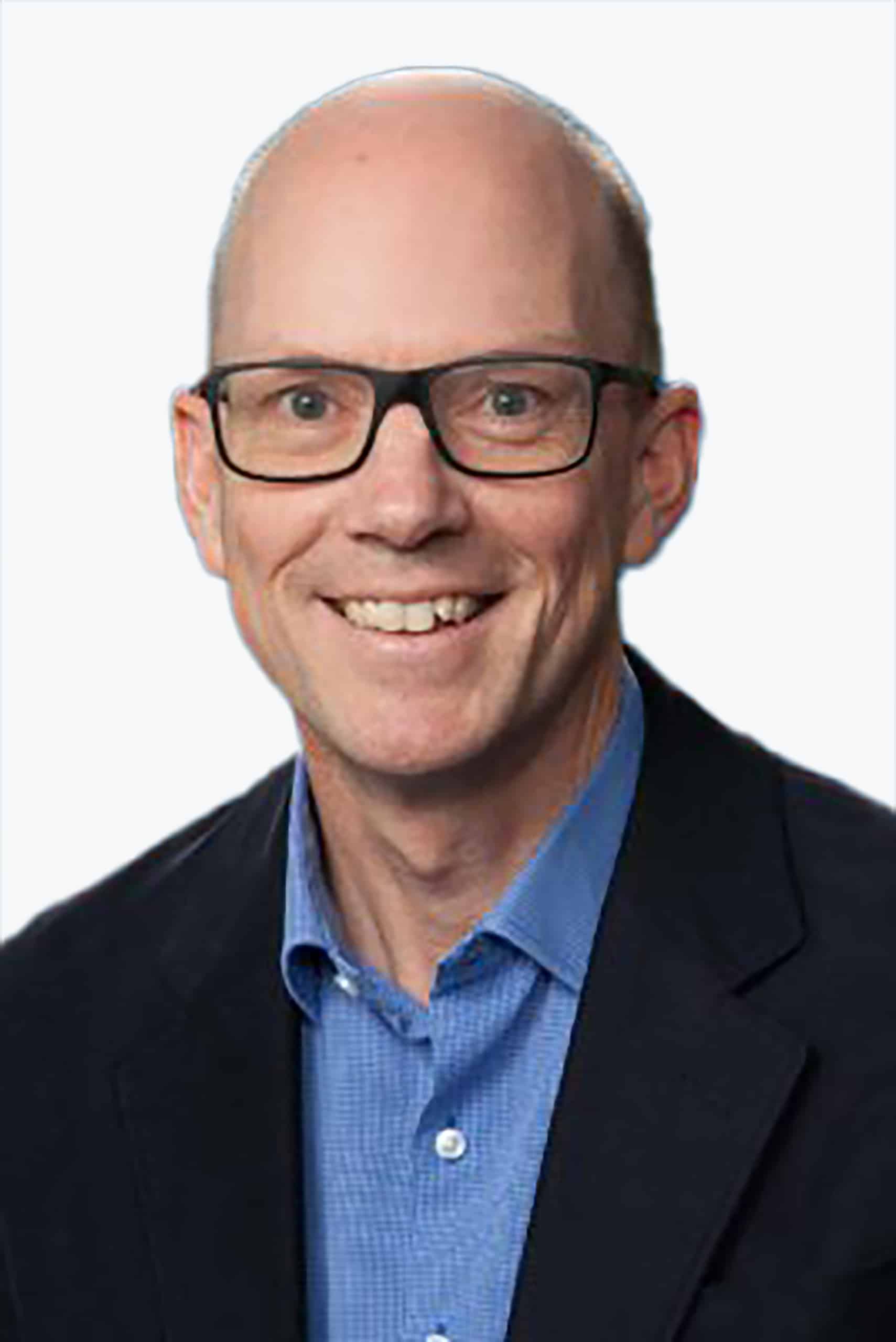
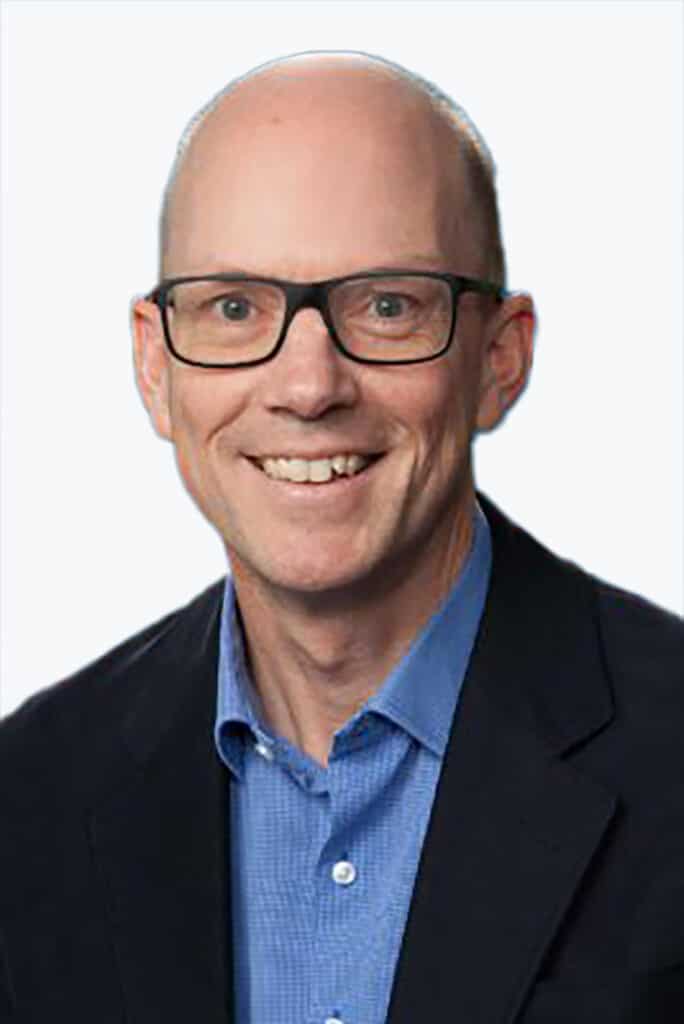
Warwick is a Director of Water Technology and has over 25 years of experience in surface water management.
He has led a wide variety of projects covering areas such as flood risk management, water quality, sediment transport, coastal hazard, WSUD and environmental flows. Warwick has an Honours Degree in Civil Engineering from the University of Melbourne and a Masters of Engineering Science Degree from Monash University, investigating the detailed hydraulics of stormwater treatment wetlands. Warwick has experience throughout Australia in both rural and urban contexts.
Since 2011 he has provided specialist input to the Flood Intelligence Unit of SES during both catchment and coastal flood emergencies. He is actively involved in Engineers Australia and is a past chair of the Victorian Water Engineering Branch Committee. Warwick has also contributed to the revision of Australian Rainfall and Runoff, with a particular focus on the application of flood models in urban areas.

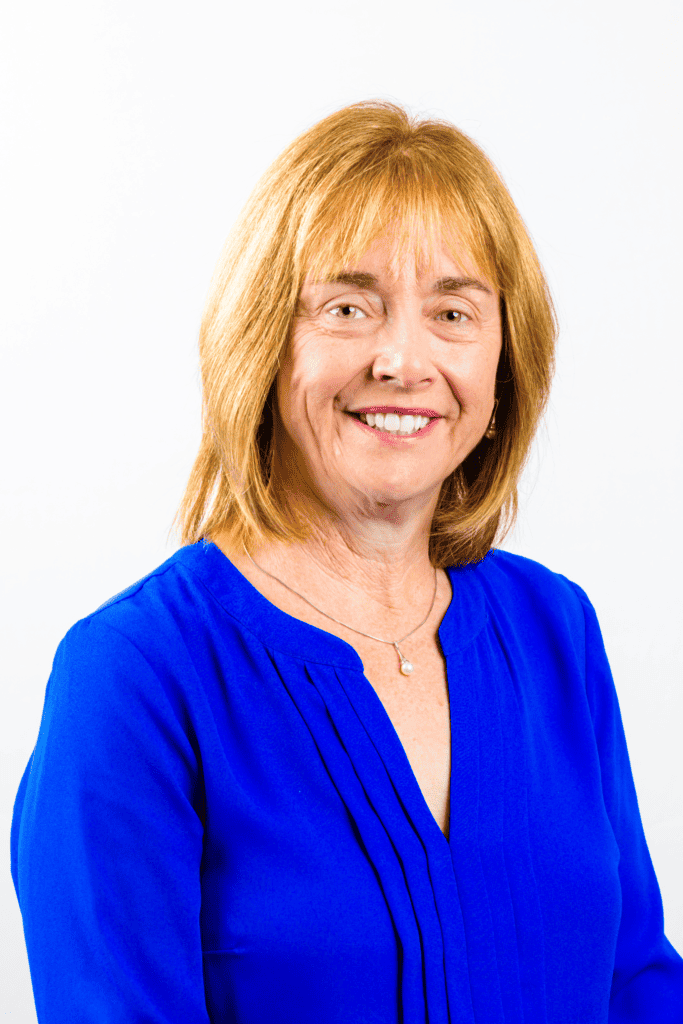
Karen is a Non Executive Director of Water Technology. With more than 14 years of experience as a company director and chair of committees and boards, Karen brings industry insights and a fresh perspective to the Board of Water Technology. Karen is a graduate of the Australian Institute of Company Directors and has a degree in Chemical Engineering. Karen’s experience includes 25 years in industrial operations working in the areas of sustainability, environment and risk. Karen’s work has taken her across all states of Australia and New Zealand, with some projects also being undertaken in South East Asia and the Netherlands.
Karen currently chairs the South West NRM Board which is a not for profit organisation improving environmental outcomes in Western Australia. She is also an independent director of Yinhawangka Aboriginal Corporation, a Native Title body based in the Pilbara region of Western Australia.
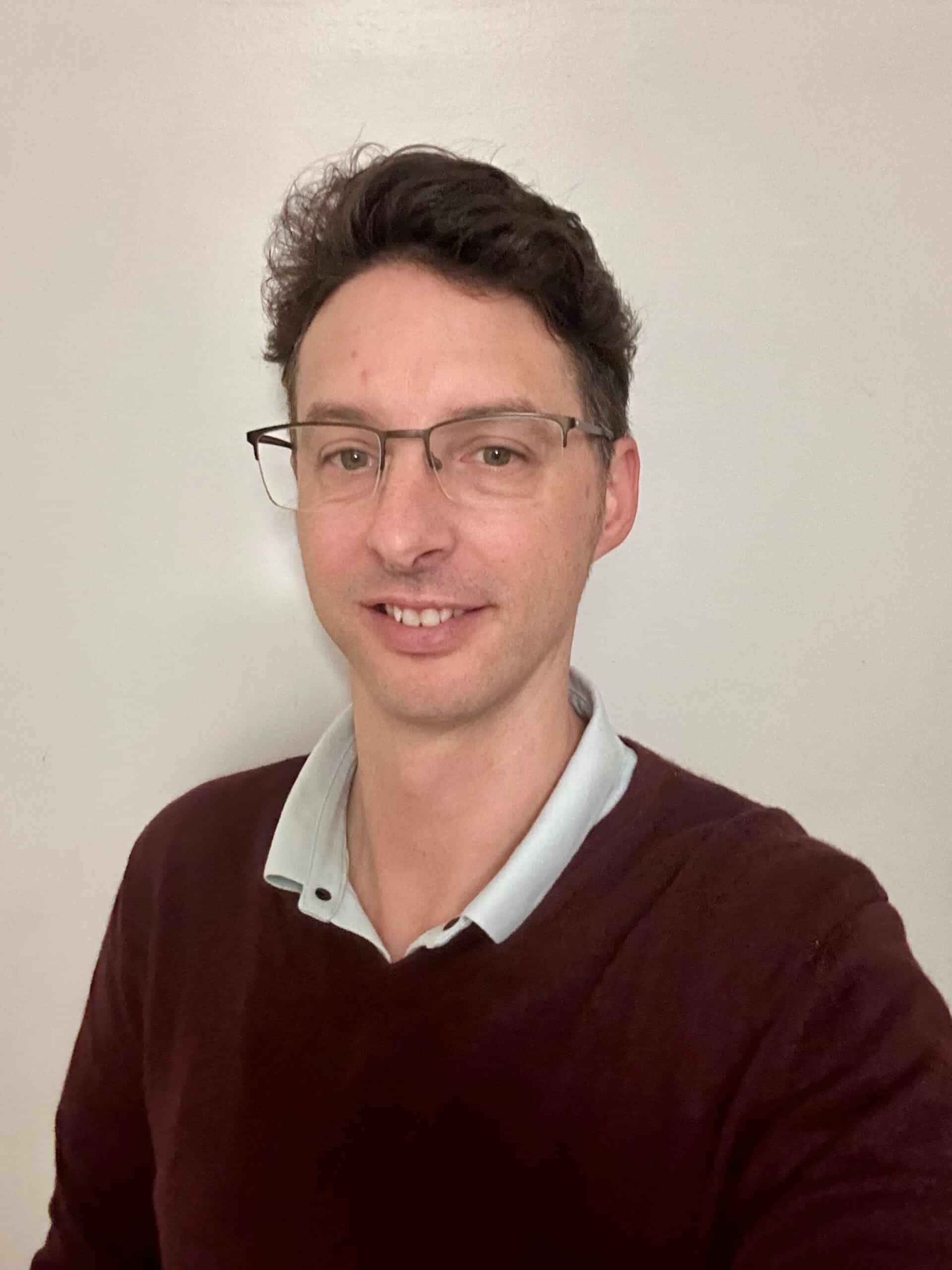
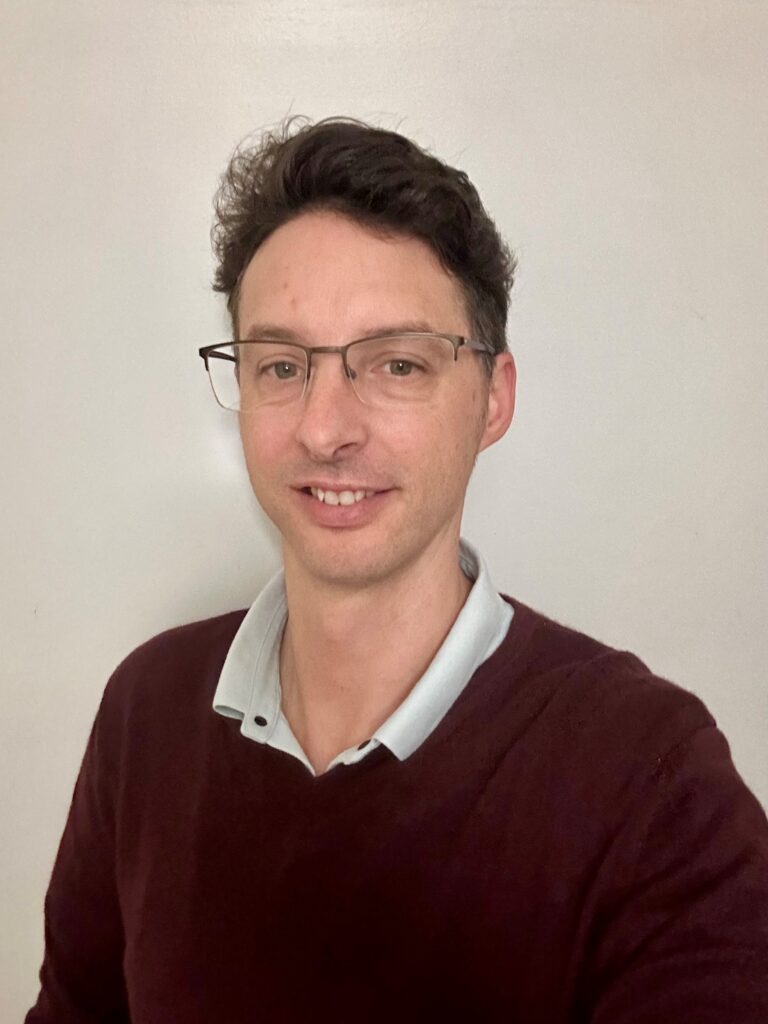
Ben has many years of experience in flood modelling, hydrology, floodplain risk management and environmental water. Ben is well regarded in the floodplain management industry with strong contributions at a project level as well as emergency response, industry advice and training. Ben has excellent project management skills and a thorough understanding of floodplain management in Australia. Ben has taken the lead role in a large number of floodplain investigations in Victoria, in some of our most flood-prone communities. Ben is well connected across the industry and uses these connections to help draw together people from various organisations to help achieve positive outcomes for our clients, the community and the environment.


Filippo is an environmental scientist with extensive experience in disaster risk reduction, spatial analysis, remote sensing, and coastal zone management. He is an invited co-author of two UNESCO/IOC Manuals for inundation risk management in the Indian Ocean and the Mediterranean Sea, and of the 2014 United Nations Global Assessment Report on Disaster Risk Reduction. He has published ten scientific papers (nine as primary author) in international high-impact journals, including the prestigious open-access journal of Nature.
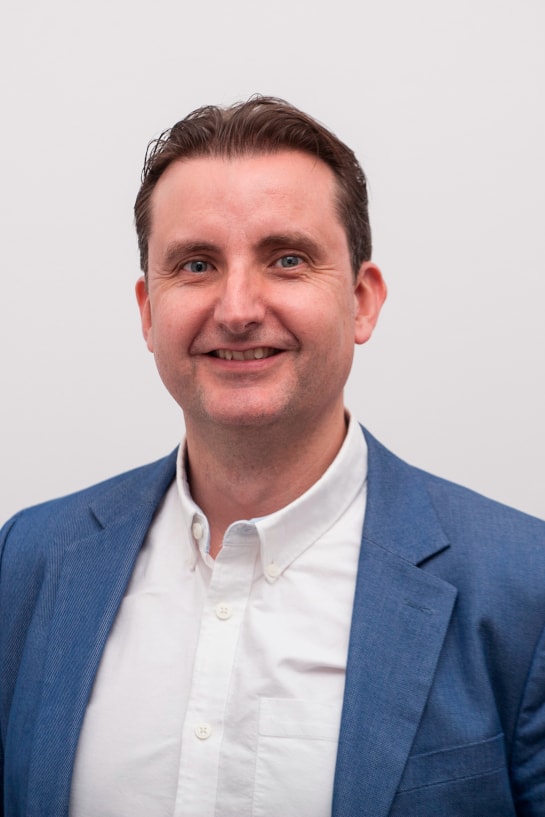

Gildas is an international expert in coastal engineering. He has over 20 year experience in the delivery of investigation, design, documentation, planning, environmental study, and project management of coastal, ocean and maritime projects. He has delivered many high-profile projects such as major beach nourishment works, resilient coastal works, port and offshore works, waterfront redevelopment as well as underwater and floating structures in Australia and overseas. Gildas has prepared many practical coastal management plan and strategies for climate change adaptation for a broad range of communities and stakeholders which recognised the importance of working with both nature and culture.
Gildas is active in several research and scientific projects, having delivered over 20 publications to technical journals and conferences. He is the Climate Change Champion for the Maritime Commission of the Permanent International Association of Navigational Congresses, which is the world association for waterborne transport infrastructure.
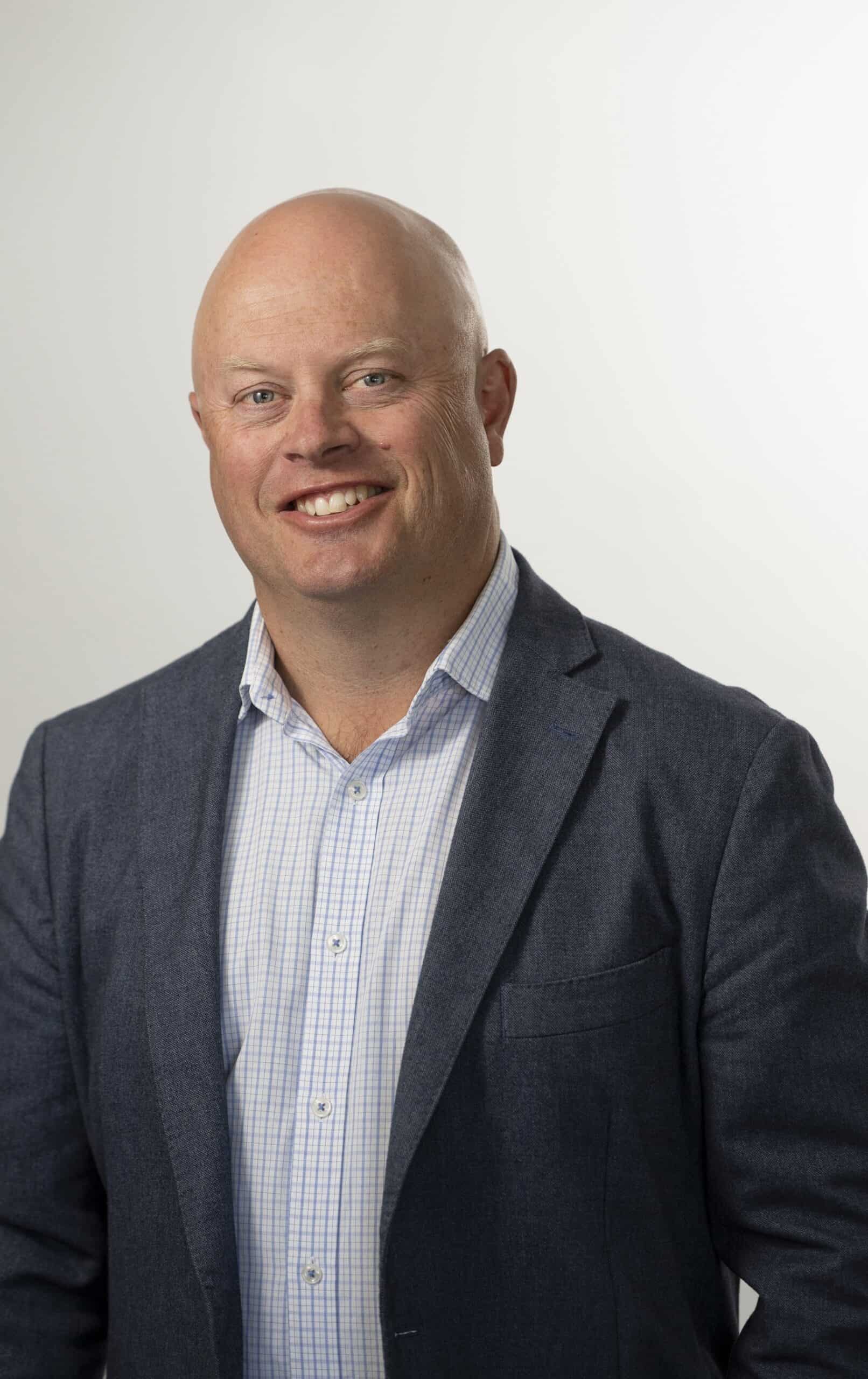
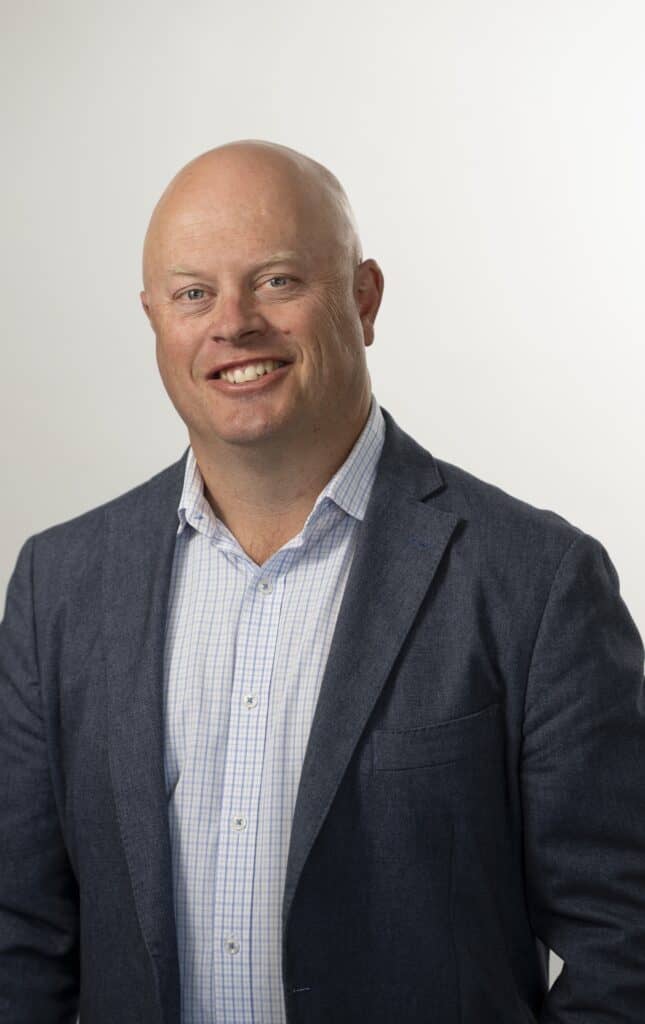
Glenn is a highly motivated and widely respected hydrogeologist with over 25 years’ professional experience in groundwater assessment and integrated water resources management.
He is a leading expert in arid zone hydrology, hydrochemistry, groundwater dating and recharge estimation, surface water-groundwater interaction, groundwater dependent ecosystems, and the numerical simulation of groundwater flow and solute transport through sedimentary and fractured rock aquifers and low-permeability aquitards.
Glenn has published widely in the international scientific literature and is a regular trusted advisor and independent peer reviewer for State, Territory and Commonwealth governments.
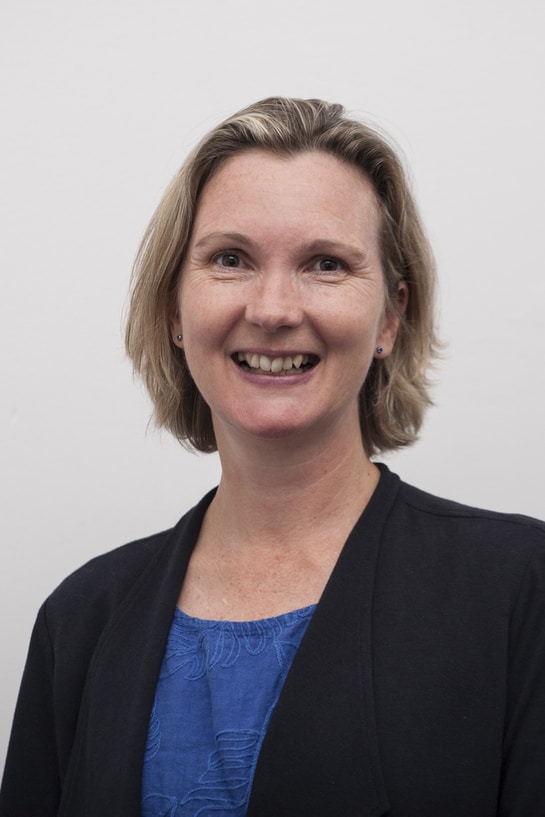

Johanna has extensive experience in ecological assessment, waterway management, environmental monitoring, reporting and policy. She has completed field-based vegetation and habitat condition assessments in different environments, ranging from riparian areas surrounding rivers and wetlands, through to coastal, inland, and alpine zones. Management planning, monitoring design and implementation have also been key aspects of her career. She has designed and coordinated numerous environmental and waterway action plans, as well as monitoring programs which identify condition, trajectory and adaptive management approaches for future works. She has an excellent understanding of waterway processes, developed through her work with a range of waterway engineers, geomorphologists, aquatic scientists and agency staff.
Johanna has also managed large, statewide, multi-disciplinary environmental projects which aim to change and improve the management and monitoring of environmental assets. Examples of this work are the development of a biophysical assessment method for Tasmania’s rivers and streams (the Tasmanian River Condition Index) for the three Tasmanian NRMs; and the Securing Priority Riparian Areas project for the Victorian Department of Environment, Land, Water and Planning (DELWP). The coordination of project teams and stakeholder engagement was a significant component of this work.
Johanna also has a strong understanding of policy development, strategic planning, and legislative frameworks across a range of jurisdictions in Australia. Johanna has an excellent working knowledge of Victoria’s native vegetation and protection legislation and is registered with DELWP as a competent Vegetation Quality Assessment (VQA) assessor.
Johanna is passionate about her work, the natural resource management industry, and its community. She was Secretary of the Australian River Basin Management Society (RBMS) from 2011-2016 and has helped organise several Australian Stream Management Conferences and industry seminars in Victoria.


Warwick is a Director of Water Technology and has over 25 years of experience in surface water management.
He has led a wide variety of projects covering areas such as flood risk management, water quality, sediment transport, coastal hazard, WSUD and environmental flows. Warwick has an Honours Degree in Civil Engineering from the University of Melbourne and a Masters of Engineering Science Degree from Monash University, investigating the detailed hydraulics of stormwater treatment wetlands. Warwick has experience throughout Australia in both rural and urban contexts.
Since 2011 he has provided specialist input to the Flood Intelligence Unit of SES during both catchment and coastal flood emergencies. He is actively involved in Engineers Australia and is a past chair of the Victorian Water Engineering Branch Committee. Warwick has also contributed to the revision of Australian Rainfall and Runoff, with a particular focus on the application of flood models in urban areas.
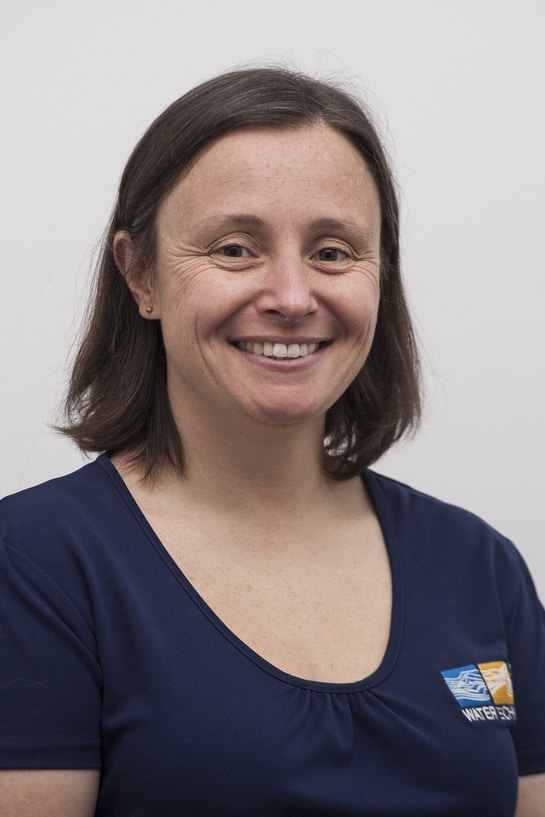

Celine has extensive experience in hydraulic modelling of water networks and floods, Water Sensitive Urban Design and Integrated Water Cycle Management.
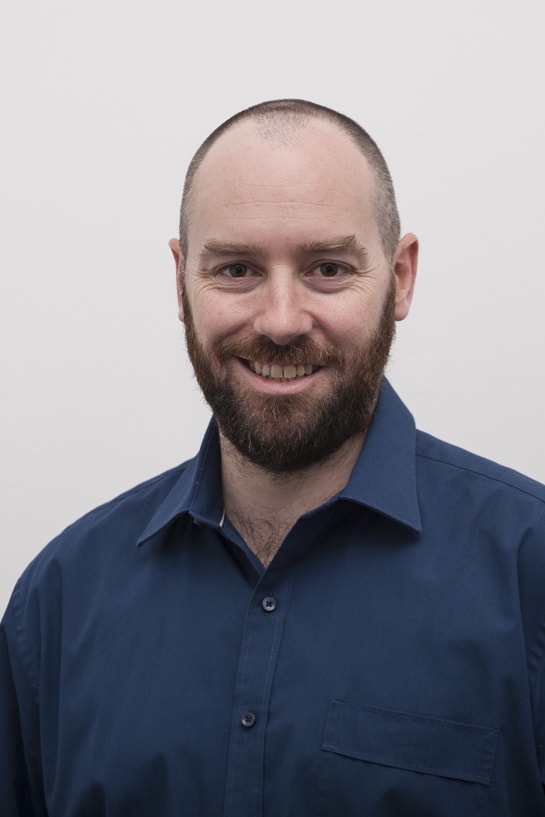

Chris Beadle has significant experience in coastal and estuarine modelling, coastal and maritime infrastructure design, and the development of coastal management plans across a range of physical environments around Australia and internationally.
Chris’ particular passion lies in coastal zone management, and he has managed and delivered numerous coastal zone management studies and plans across New South Wales. His experience in this area is broad and includes open coast settings and estuarine environments. His success in delivering these projects is underpinned by a high level of expertise in coastal and estuarine processes, with a strong understanding of coastal geomorphology and hydrodynamics. However, he also has a strong appreciation of the social, cultural and economic values of the coastal zone, and believes this knowledge is key to sustainable coastal zone management and climate change adaptation.
Chris combines his technical skills with significant experience in community and stakeholder engagement. With IAP2 accreditation as an engagement practitioner, he has successfully delivered a range of engagement programs for coastal management projects. His engagement prowess is evident in his project outcomes, and he has experience engaging with a vast range of community groups, public authorities and First Nations Peoples.
Chris also has skills in coastal infrastructure design and has worked on numerous open coasts, estuarine and port infrastructure design projects. This includes comprising seawalls, breakwaters, groynes, and wave attenuators.
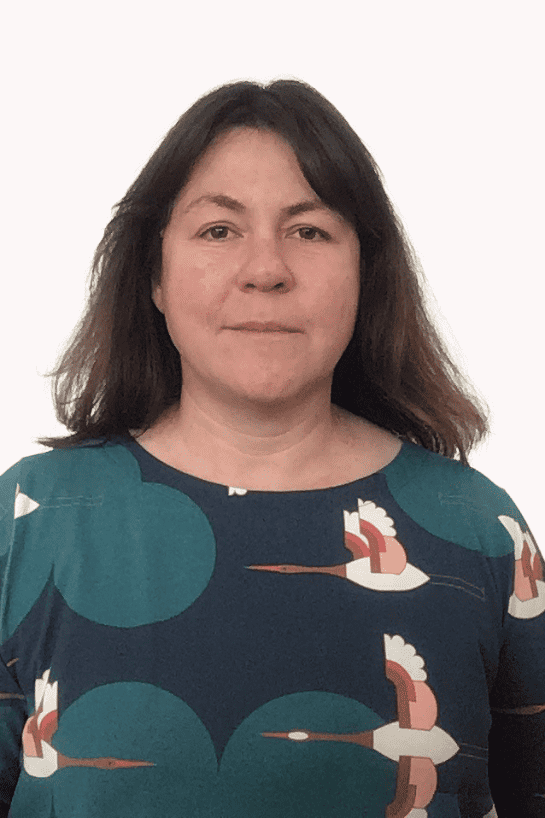

Kylie is an environmental engineer with a broad range of experience across all facets of water resource management with many private and government organisations. Kylie led the Institutionalisation of Water Sensitive Urban Design project in South Australia and was instrumental in many stormwater and water resource management projects for various Councils across South Australia. In addition, Kylie spent 13 years with global organisations Suez and Veolia managing continuous improvement, knowledge transfer, research and innovation programs. Kylie also has unique expertise and extensive experience in decision making processes, options assessment, workshop facilitation and scientific communication.
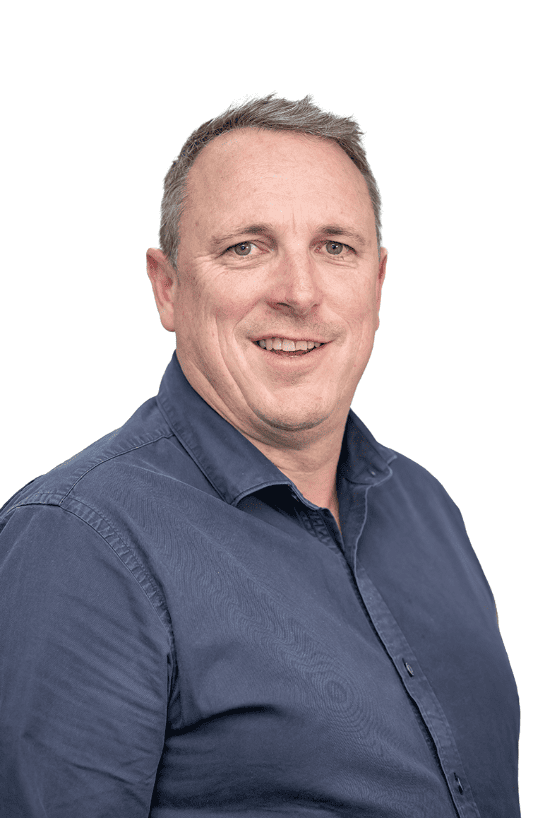

Nick is a professional civil engineering hydrologist and project manager with unique experience gained in both private and government sectors in Western Australia and New Zealand. Nick changed career in 2007 following a successful career teaching mathematics and outdoor education in the UK and Western Australia to take-up his interest in catchment hydrology, waterways and environmental engineering. Since then, he has developed a range of skills including management of professional technical and consulting services in the water and environmental sector; hydrological and hydraulic design for waterways structures; flood risk and inundation mapping; civil engineering design and management; safety in design; constructability of civil structures; end-to-end project and contract management in New Zealand and Australia.


Tony is a Director of Water Technology and the State Manager for Queensland. He has considerable Australian and International water engineering expertise in the areas of numerical flood and water quality modelling, field data collection and assessment, water sensitive urban design, water quality management, catchment management and sewerage and water supply planning. His expertise has been gained through working with the Queensland Department of Local Government/Water Quality Council for a number of years, advanced University studies, a one year work period at HR Wallingford in the UK and twenty seven years’ experience with BMT WBM (working extensively across Australia, the Pacific, South East Asia, the Middle East and the UK). Tony has a First Class Honours Degree in Civil Engineering, a Master of Engineering Science and a Post Graduate Certificate in Executive Leadership. Tony is also a Fellow of Engineers Australia and a Registered Professional Engineer in Queensland (RPEQ).